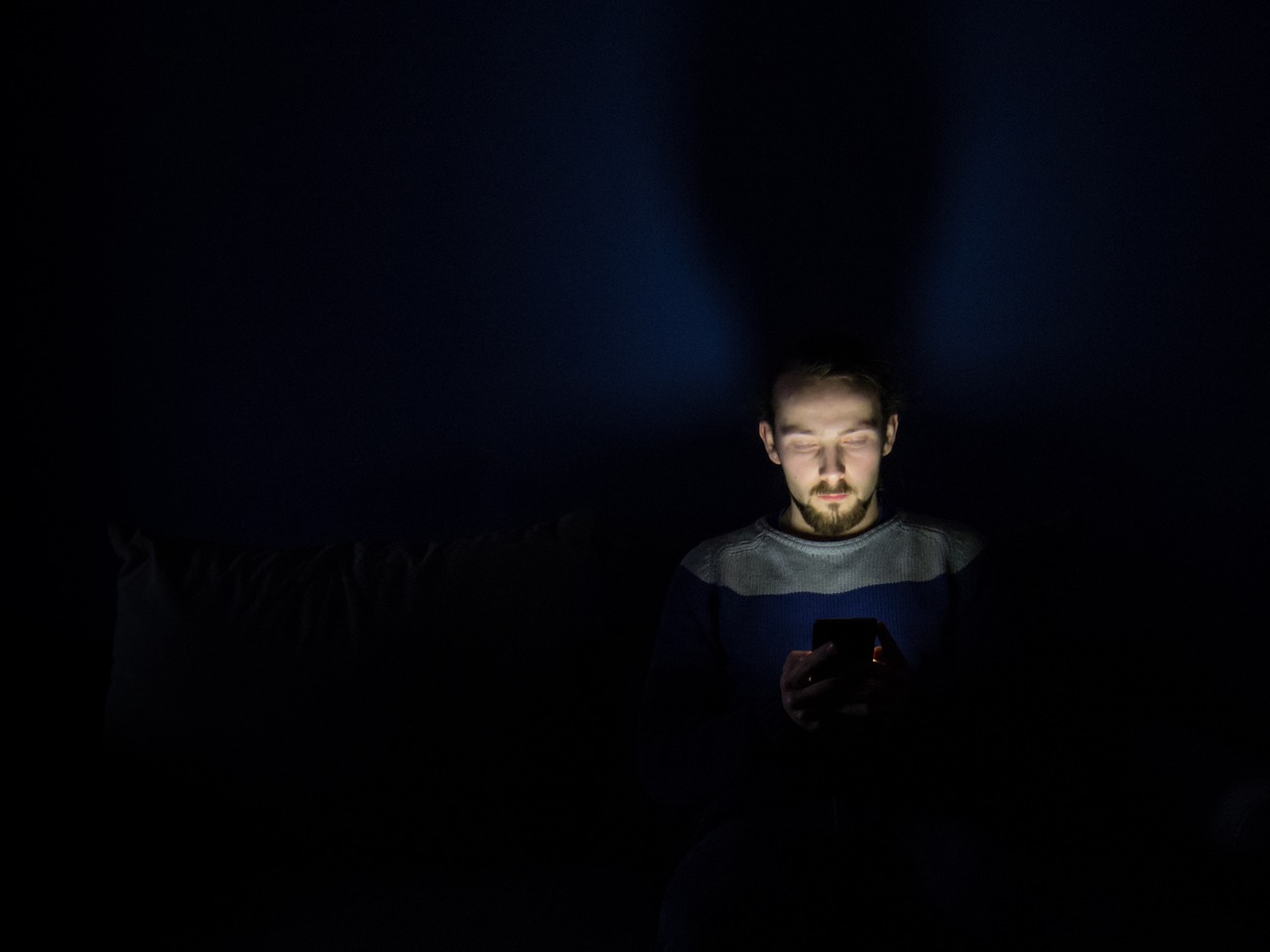How to Curb your Phone Addiction and Get Back to Reality

From the moment you wake up to the moments before you go to bed, your high-speed pocket computer is the ultimate attention hog. Last year, it was estimated that 80% of the U.S. population owned a smartphone. It has surpassed every other device, and an estimated 52.2% of internet traffic now happens via mobile devices. And this number will only go on to increase as the capabilities improve. The more users relying on smartphone apps, the more developers find ways to introduce new functionalities and media to consume. In the U.S. alone, mobile-first content development is one of the fastest-growing industries. This is best reflected in how the number of careers in communication is continuing to rise. Maryville University cites research that shows how jobs in the communications industry are expected to increase by 22,900 within seven years. The increasing demand for media professionals who can create content, especially through mobile devices, is indicative of how smartphones have become such a force in our lives. With more experts joining the communication business there will be more content created that will cause distractions.
Are you addicted to your phone?
Using smartphones has profoundly changed how people interact, consume content, communicate, and make relationships. This is why you can’t put it down. You must have heard by now that while smartphones have improved our way of life, they’re also highly addictive. A survey cited by Tech Jury found that 47% of Americans say they can’t live without their phones. Almost a third would give up seeing their friends in person and another third would entirely abstain from sex rather than conceding their phones. What is happening? Experts suggest that it’s not necessarily the phones which are addictive, it’s how they are designed to give us micro-rewards. “When a gambler feels favored by luck, dopamine is released,” said New York University professor Natasha Schüll. It’s the constant micro-feedback that we get from refreshing our social media notifications that are addictive. As a direct effect, this creates a cycle of dependence reminiscent of gambling and narcotics use. Smartphone addiction can harm your health and even cause interpersonal conflicts. This is because smartphone addiction leads to higher levels of gamma aminobutyric acid (GABA)—responsible for regulating brain activity. High amounts of GABA are closely related to clinical depression and anxiety.
What you can do?
Be mindful. Being aware of your smartphone habits is the first step towards recovery. Whether you’re just slightly dependent or a full-on addict, paying close attention to how your phone might be leading your life is the only way you can cope. Track your usage and identify which apps make you check your phone. Cut the source. Delete Facebook and Twitter, or any other social media apps on your phone. As mentioned above, they lure you in with microdoses of addictive dopamine juice as you scroll. Doing a detox, even for a short period, can help you re-evaluate your choices and rethink your phone dependence. Take the less convenient route. As smartphones virtually do everything nowadays, it’s easy to equate them with convenience. But the emotional and psychological toll of being phone-dependent can outweigh many of the conveniences it affords you. Instead, opt for the physical version of things
wherever you can. Use an actual pen and paper or call on the landline for your next pizza delivery. You can’t curb addiction when most of the things you need reside in one addictive package. Technology should improve our lives, not rule it. Curbing your phone dependence means taking back control. And why not take the first step today?
Feature article for giawellness.com
Written by Jenna Grayson